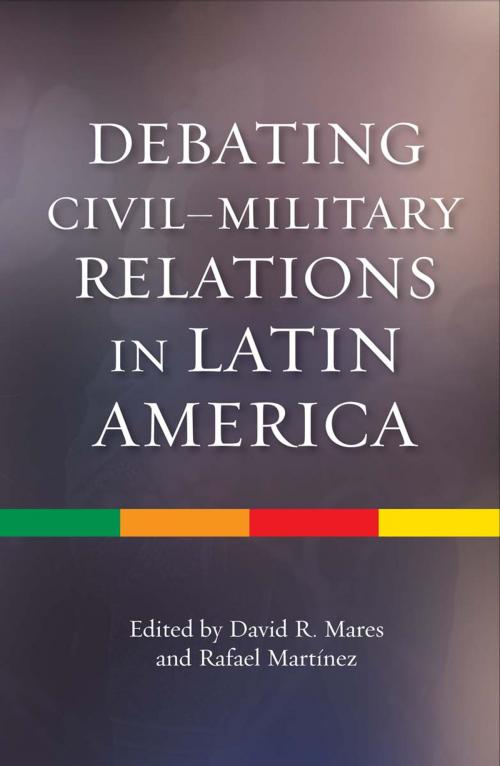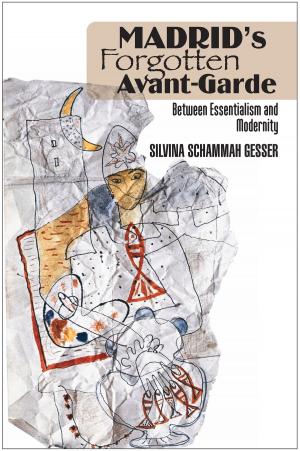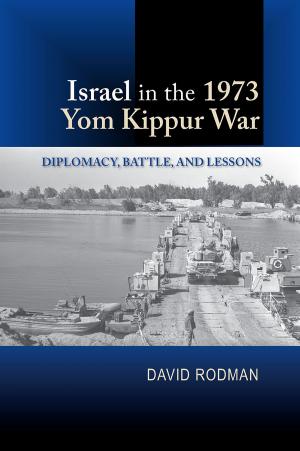Debating CivilMilitary Relations in Latin America
Nonfiction, Social & Cultural Studies, Political Science, International, Foreign Legal Systems, Government| Author: | ISBN: | 9781782841210 | |
| Publisher: | Sussex Academic Press | Publication: | January 1, 2014 |
| Imprint: | Sussex Academic Press | Language: | English |
| Author: | |
| ISBN: | 9781782841210 |
| Publisher: | Sussex Academic Press |
| Publication: | January 1, 2014 |
| Imprint: | Sussex Academic Press |
| Language: | English |
This study of civil–military relations in Latin America begins by noting that, since 2000, military dictatorships in the region have virtually disappeared, with the political role of the military in many countries dramatically diminished. The book then examines the new types of regimes, including the rise of participatory democracy, the new political orientations, such as the renaissance of the Left in Latin America, and the new missions for the military that have begun to appear. It illustrates how the 2009 military coup in Honduras, the military response to the police rebellion in Ecuador in 2010, and the speculation concerning the Venezuelan military’s behavior in regard to the death of Hugo Chavez, demonstrates the relevance and importance of the civil–military relationship today. In this volume leading scholars from Latin America, the United States, and Spain debate the ability of contemporary Latin American civil–military relationships to weather these challenges.
This study of civil–military relations in Latin America begins by noting that, since 2000, military dictatorships in the region have virtually disappeared, with the political role of the military in many countries dramatically diminished. The book then examines the new types of regimes, including the rise of participatory democracy, the new political orientations, such as the renaissance of the Left in Latin America, and the new missions for the military that have begun to appear. It illustrates how the 2009 military coup in Honduras, the military response to the police rebellion in Ecuador in 2010, and the speculation concerning the Venezuelan military’s behavior in regard to the death of Hugo Chavez, demonstrates the relevance and importance of the civil–military relationship today. In this volume leading scholars from Latin America, the United States, and Spain debate the ability of contemporary Latin American civil–military relationships to weather these challenges.















